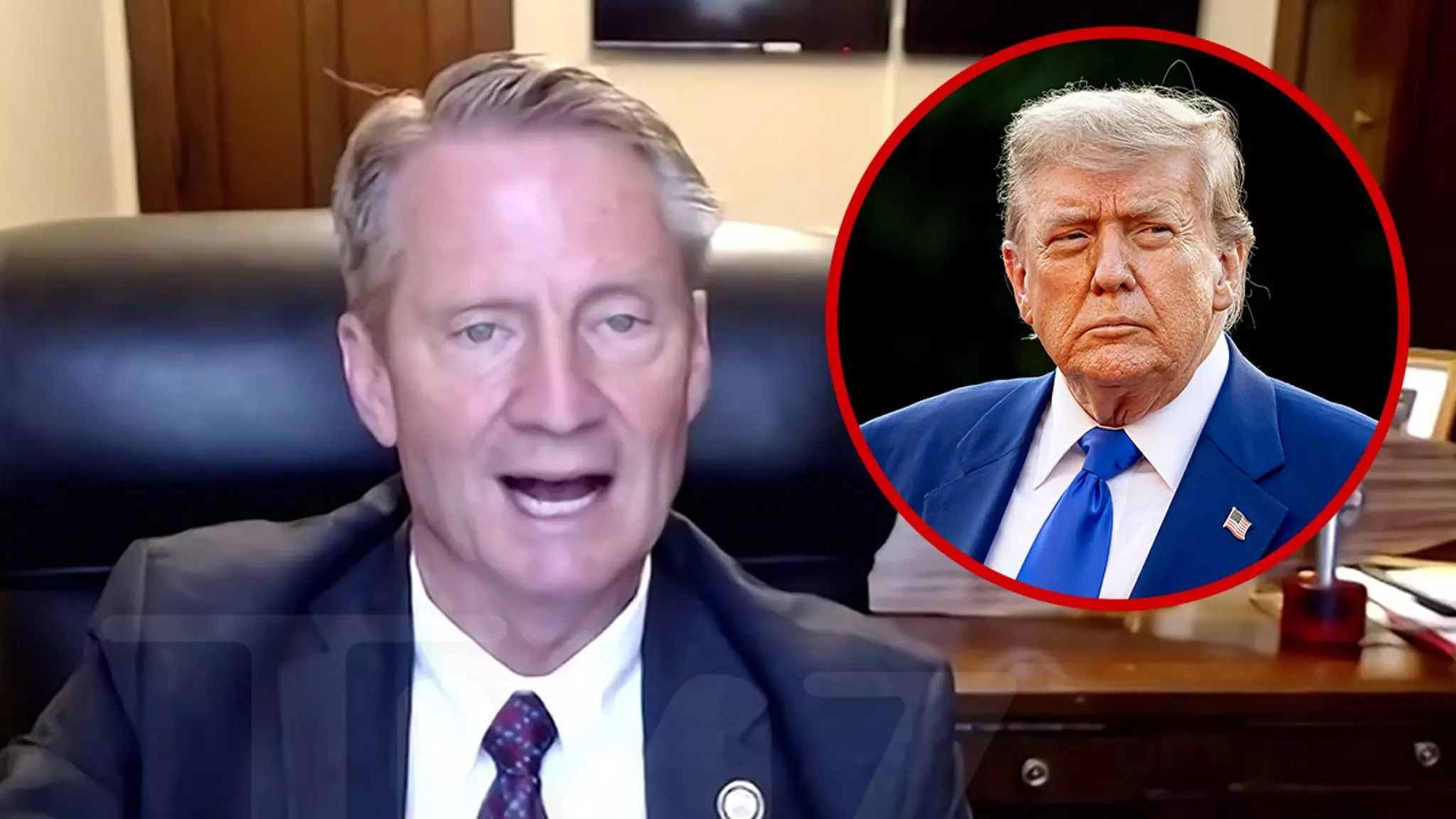Public interest in the Jeffrey Epstein case remains fervent, yet the debate over what details should be disclosed persists. Many believe that transparency is essential for justice, especially considering the high-profile individuals allegedly involved. However, perfectly balancing the public’s right to know with the rights of victims creates a moral and legal gray area. It’s not simply about releasing information; it’s about doing so responsibly, protecting those who may still endure trauma from these revelations. The call for a specialized prosecutor underscores the need for an independent, carefully calibrated approach—one that can evaluate what must be made public without risking undue harm. This perspective reflects an understanding that uninformed disclosures can fuel misinformation and unjust accusations, especially by those lacking the legal expertise to interpret complex evidence.
The Role of Leadership and Political Will
The political landscape surrounding this case exposes broader conflicts between transparency and power. President Trump’s ambiguous stance on releasing Epstein files reveals his cautious approach, possibly influenced by the potential fallout of implicating influential figures. Such hesitation fuels frustration among advocates who argue that justice should not be impeded by political considerations. Congressman Tim Burchett’s viewpoint emphasizes that accountability should transcend political influence. He suggests that, ultimately, justice must override fears of political repercussions or the power struggles within the administration. His assertion that he answers only to “a higher power” symbolizes the moral responsibility lawmakers have toward truth and victims, beyond partisan pressures.
Public Sentiment and the Power of Influence
The controversy is further complicated by the hype surrounding Epstein’s connections to prominent personalities, which often inflates fears and speculations. Many citizens, including supporters of President Trump, have shown impatience, demanding full transparency, citing broken promises and perceived cover-ups. Influencers and political figures who initially downplayed the significance of the Epstein files now face increasing pressure from their constituencies. The tension reflects a broader societal struggle—are we prioritizing societal healing and justice, or is the pursuit of raw information risking chaos and false narratives? This cultural chasm questions whether the public’s demand for disclosures is genuine or driven by a desire for sensationalism.
Justice Without Recklessness: Finding Common Ground
While full disclosure may not be immediately feasible, the call for progress within a responsible framework remains vital. A special prosecutor could serve as a gatekeeper, ensuring that sensitive information is handled delicately while maintaining the public’s right to know. The goal should be an informed, cautious transparency—disclosing enough to satisfy the demand for accountability without risking innocent lives or undermining legitimate investigations. This approach recognizes that justice doesn’t have to mean chaos; it can be an organized pursuit of truth, guided by expertise, compassion, and moral clarity. The Epstein case poses a profound test of our collective ability to pursue truth ethically and with integrity, rather than succumbing to impulsive demands or political expediency.

Leave a Reply